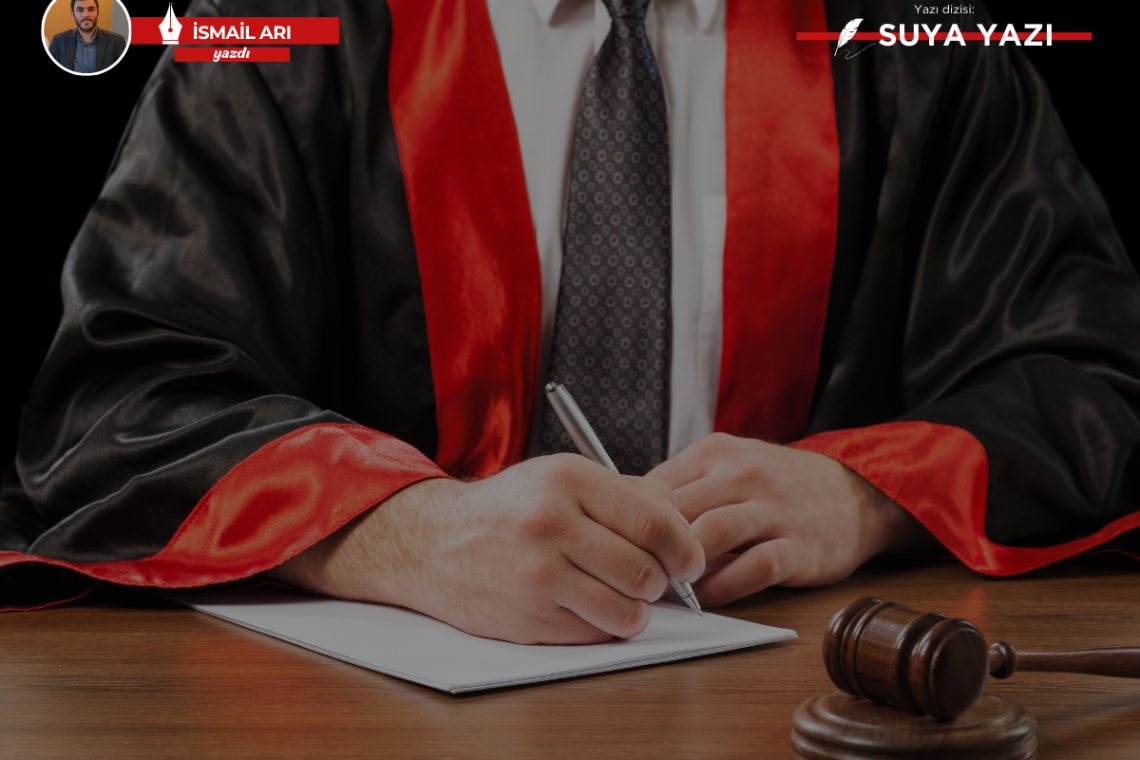During the Erdoğan era, it wasn’t just the luxury and ostentation that were memorable, but also the “memory erasure operation” characterized by access bans and content removal orders. We strive to report news under the constant threat of access bans, fines, lawsuits, and investigations, making every effort to ensure our work cannot be erased—but to what end?
If there were a ranking of journalists whose news gets censored the most, I’d probably be in the top 10, perhaps even the top 5. Allegations are rampant that most access ban orders are obtained through bribery or political support. Most of my censored articles involve members of the Justice and Development Party (AKP) and the Nationalist Movement Party (MHP) in the Cumhur Alliance. A smaller portion concerns businesspeople affiliated with this alliance.
Examples of extreme censorship
To provide a few examples of this "scandal"... I have been covering the Turkish Aeronautical Association (THK) for years, which has been under trustee administration. The association’s most valuable property in Istanbul is in the hands of a company based in the city. The owner of this company managed to get some articles blocked three years after they were published. On February 15, 2024, a Criminal Judgeship of Peace in Siverek, Şanlıurfa, granted his request to block two articles published on July 14, 2021, and August 25, 2022, about the THK’s property dealings.
The detail here is noteworthy... The owner of an Istanbul-based company managed to get articles blocked by a court in Siverek.
Another example involves a deputy governor in a Central Anatolian city who got news about him blocked from a court in Sakarya. He even told the court, "I'm not being prosecuted, but they are falsely reporting that I am." The judge complied, blocking all related news, although the deputy governor was indeed being prosecuted.
There are countless examples... A former AKP MP requested the Küçükçekmece 1st Criminal Judgeship of Peace to block 306 news articles and contents about him, and the court granted this request the same day. This decision included an article about police violence against pro-Palestinian students in the U.S., which had nothing to do with him.
Additionally, the former MP got an article about his conviction for forgery blocked. If journalists can't report the convictions of public figures, what can they report?
Access bans on personal social media posts
An MHP MP had articles and social media posts about his Serbian citizenship blocked with two decisions on February 19 and March 13, covering 315 news items. Remarkably, the blocked content included his own social media posts. Instead of deleting his posts, he obtained an access ban order.
Erasing news and memory
These decisions seem endless. The crucial question is, why do they do this? The blocked articles are entirely accurate, often backed by documents. Unable to sue the journalists or the media outlets for defamation, they find it easier to erase the news directly through access bans.
By obtaining access bans, they conduct a "memory erasure operation." Given the daily political scandals and controversies in Turkey, even significant scandals are eventually forgotten. Access bans and content removals help clean up their records. One prominent figure managed to have an article about him blocked and then tried to initiate a criminal case based on that article. However, since the article was erased, the prosecutor couldn't find it, and this was noted as "Article not found" in the records.
For us journalists, the most painful part is that our work often feels like writing in water. After a while, we can't even find our erased articles.
Most access ban orders target independent news sites, newspapers, and journalists labeled as "opposition." Meanwhile, pro-government figures rarely face such bans, exposing the judiciary's corruption.
As I mentioned, an Istanbul businessman can get a decision from Şanlıurfa, and a Central Anatolian bureaucrat from Sakarya. This highlights the widespread manipulation in judicial circles. It's known how these decisions are obtained, and there is even a market for securing access bans.
Finding new ways to protect our work
Regardless of the methods and courts they use, we journalists will always find a way. For instance, I deliberately avoided naming any individuals in this article to prevent it from being blocked. However, you can easily find out who the “main actors” in these examples are with a quick internet search.
It's a great shame for our country that we must find new ways to protect our news. Hopefully, those responsible for this shame will one day be held accountable.



